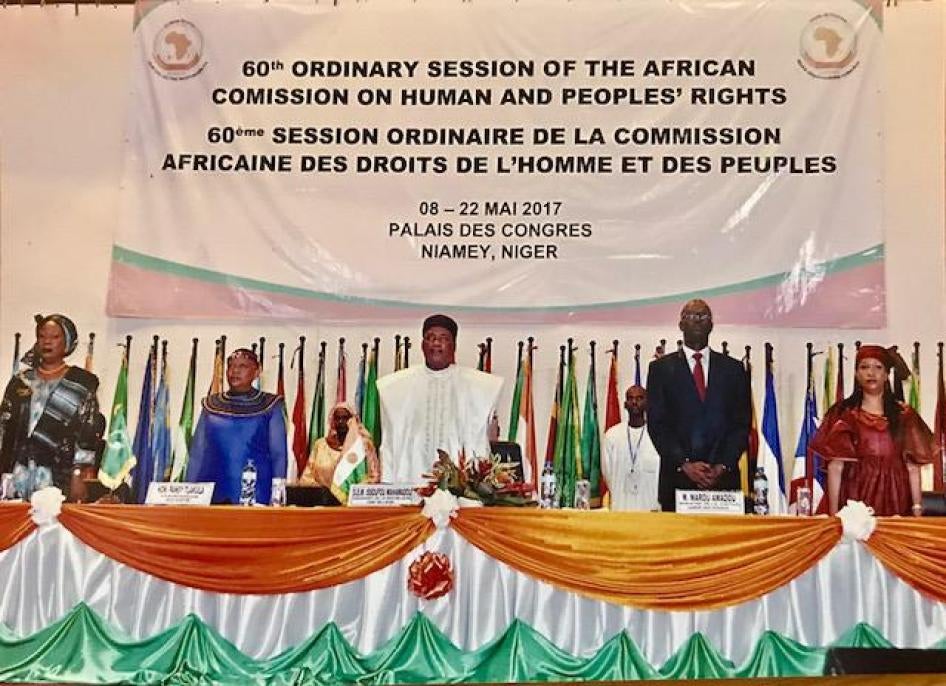In March, police in Dar es Salaam, acting on orders from Tanzanian Deputy Health Minister Hamisi Kigwangalla, arrested 19-year-old William (not his real name) for posting a video on Instagram that led the deputy minister to believe that William was gay.
Homosexual conduct carries a life sentence in Tanzania, though until recently, the law has rarely if ever been enforced.
The police interrogated William about his sexual history.
Then they took him to a government hospital where, William said, a doctor forcibly subjected him to an “anal exam,” purportedly seeking “proof” of his alleged homosexual conduct.
“One police officer stayed in the room” during the humiliating examination, William said in an interview. “It was painful.”
The kind of physically invasive “test” that William underwent should not take place in the 21st century.
It was invented nearly 150 years ago by a French physician who believed that anal examinations could demonstrate signs of “sexual deviance.”
His unsubstantiated theories were roundly dismissed by the next generation of French doctors, and continue to be rejected by medical experts.
Sadly, forced anal examinations seem to have found a home in parts of Africa. Human Rights Watch has identified cases in which medical practitioners, at the behest of police or prosecutors, have carried out these unscientific tests in the past five years in at least seven African countries that criminalise consensual homosexual conduct — Cameroon, Egypt, Kenya, Tanzania, Tunisia, Uganda, and Zambia.
Rights violations related to sexuality
But there is new hope that African countries may discard this outdated practice. The biannual meeting of the African Commission on Human and Peoples’ Rights wrapped up in May in Niamey, Niger, with commendable advances in its approach to human-rights violations related to sexual orientation and gender identity.
Among them, the commission introduced its official legal guidance (General Comment No 4) on the right to redress for torture victims, which describes forced anal testing as sexual violence that amounts to “a form of torture and other ill-treatment.”
It condemned such examinations as prohibited under article 5 of the African Charter on Human and Peoples’ Rights. As every country in Africa has ratified this treaty (except Morocco, which is expected to do so soon), it is now time for all African countries to heed the Commission’s guidance on the application of the treaty.
Commissioner Lawrence Mute of Kenya, chair of the Committee for the Prevention of Torture in Africa, also presented a report that echoes the UN Special Rapporteur on torture in affirming that forced anal testing is “medically worthless and amounts to torture and ill-treatment.”
The report highlights the worrying use of anal exams of suspected gay men in Tanzania and Tunisia in December 2016, and in Kenya in 2015.









